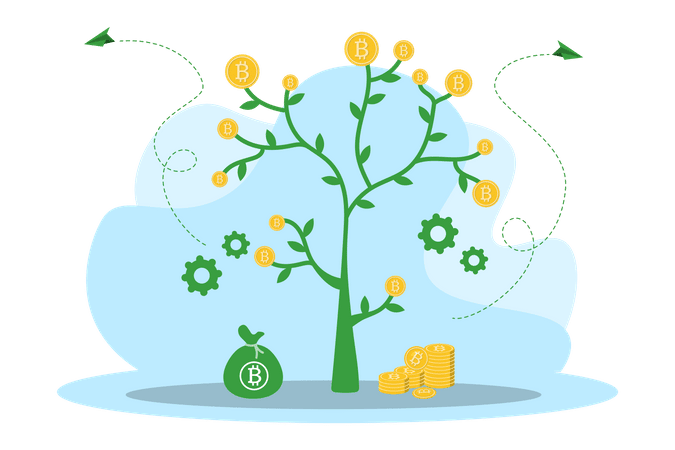Economic empowerment in Islam plays a crucial role in achieving social justice and improving the overall quality of life for individuals and communities. Islamic teachings emphasize the importance of economic empowerment as a means to reduce poverty, increase self-sufficiency, and promote equal opportunities. Some key aspects of economic empowerment in Islam include:
Wealth Distribution: Islam encourages the fair distribution of wealth and resources among all members of society. This is achieved through the obligatory practice of zakat, where Muslims are required to give a portion of their wealth (usually 2.5%) to the needy. This not only helps to redistribute wealth from the rich to the poor but also fosters a sense of social responsibility and compassion.
Prohibition of Interest (Riba): Islam prohibits the practice of charging or receiving interest (riba) on loans or financial transactions. This is to prevent the concentration of wealth in the hands of a few and promote fair and just economic practices. Islamic finance provides alternative financial instruments, such as profit-sharing and risk-sharing models, which promote ethical and equitable economic transactions.
Entrepreneurship and Job Creation: Islam encourages Muslims to engage in entrepreneurial activities and create job opportunities for others. This helps to stimulate economic growth, reduce unemployment, and improve living standards. The Prophet Muhammad (PBUH) himself was a successful businessman, and his life serves as an example for Muslims to follow in their own economic pursuits.
Education and Skill Development: Islam places great importance on acquiring knowledge and developing skills to improve one’s economic prospects. Muslims are encouraged to seek education and training in various fields to enhance their employability and contribute to the betterment of society.
Support for the Needy and Vulnerable: Islam promotes social welfare by encouraging Muslims to support those in need, such as the poor, orphans, widows, and disabled individuals. This is done through various forms of charity (sadaqah) and social programs aimed at providing essential services such as food, shelter, healthcare, and education.
Economic Cooperation and Collaboration: Islam encourages cooperation and collaboration among individuals, businesses, and nations in economic activities. This fosters mutual benefit, shared prosperity, and promotes peaceful coexistence among people of different backgrounds and beliefs.
By following these principles, Muslims can work towards achieving economic empowerment for themselves and their communities. This, in turn, contributes to greater social justice, reduced poverty, and improved quality of life for all.



